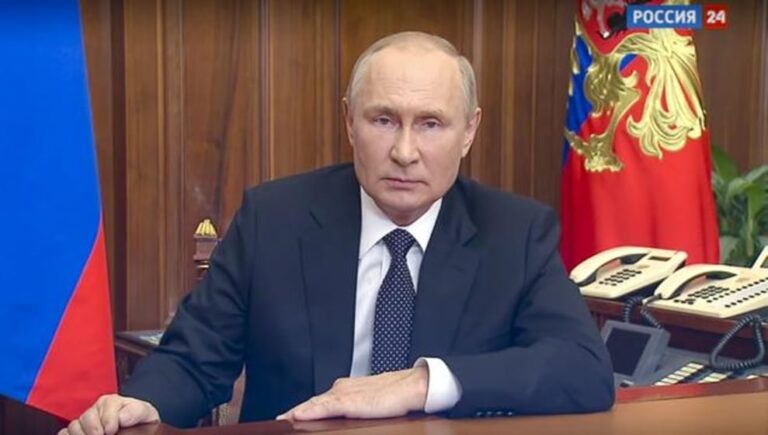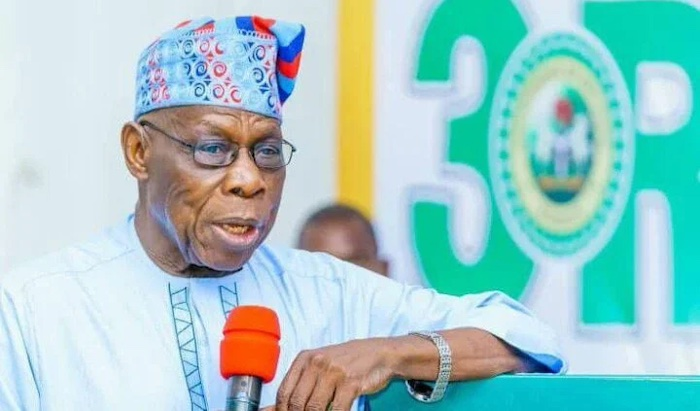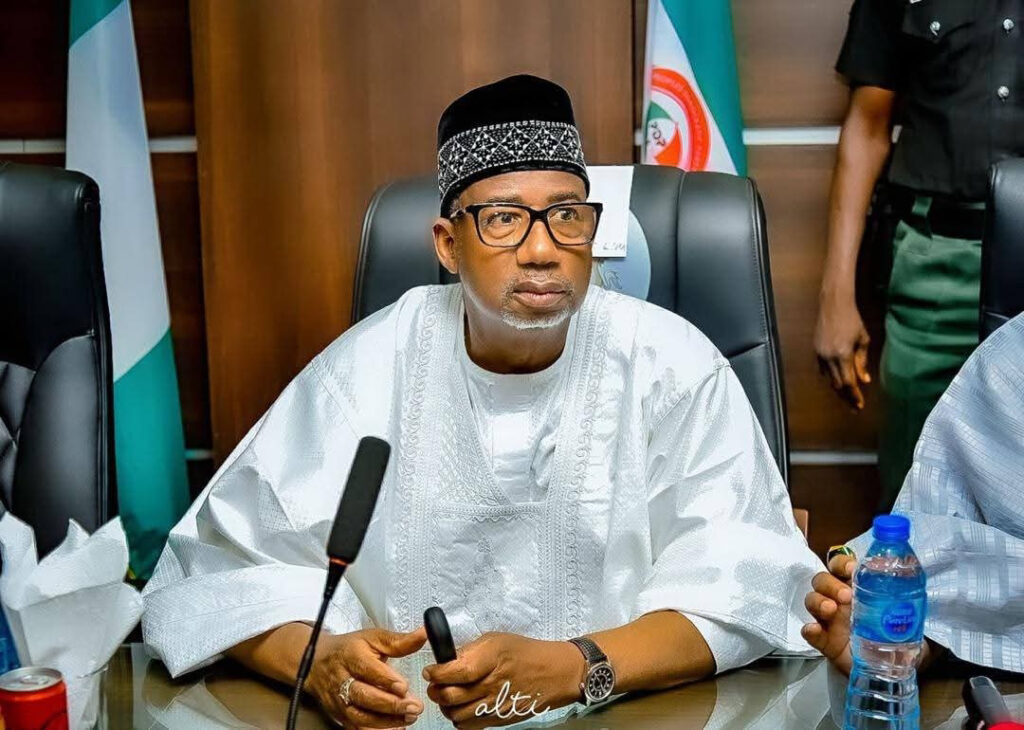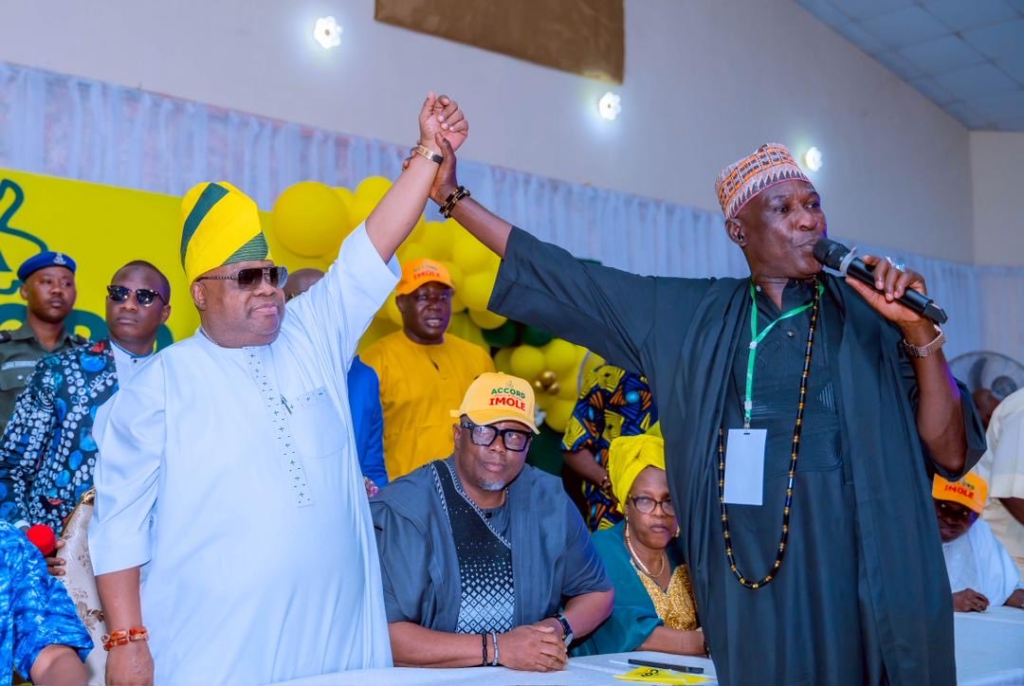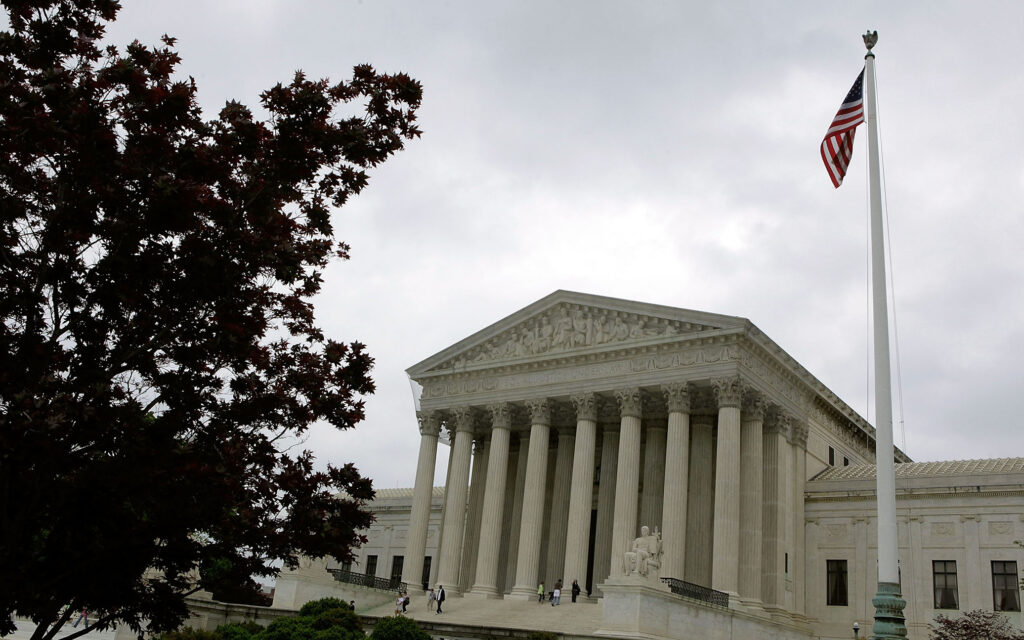Vladimir Putin on Friday moved to prolong his repressive and unyielding grip on Russia for at least another six years, announcing his candidacy in the presidential election next March that he is all but certain to win.
Putin still commands wide support after nearly a quarter-century in power, despite starting an immensely costly war in Ukraine that has taken thousands of his countrymen’s lives, provoked repeated attacks inside Russia — including one on the Kremlin itself — and corroded its aura of invincibility.
A short-lived rebellion in June by mercenary leader Yevgeny Prigozhin raised widespread speculation that Putin could be losing his grip, but he emerged with no permanent scars. Prigozhin’s death in a mysterious plane crash two months later reinforced the view that Putin was in absolute control.
Putin, who was first elected president in March 2000, announced his decision to run in the March 17 presidential election after a Kremlin award ceremony, when war veterans and others pleaded with him to seek reelection in what Kremlin spokesman Dmitry Peskov described as “spontaneous” remarks.
“I won’t hide it from you — I had various thoughts about it over time, but now, you’re right, it’s necessary to make a decision,” Putin said in a video released by the Kremlin after the event. “I will run for president of the Russian Federation.”
Tatiana Stanovaya of the Carnegie Russia Eurasia Center noted that the announcement was made in a low-key way instead of a live televised speech, probably reflecting the Kremlin’s spin effort to emphasize Putin’s modesty and his perceived focus on doing his job as opposed to loud campaigning.
“It’s not about prosperity, it’s about survival,” Stanovaya observed. “The stakes have been raised to the maximum.”
About 80% of the populace approves of Putin’s performance, according to the independent pollster Levada Center. That support might come from the heart or it might reflect submission to a leader whose crackdown on any opposition has made even relatively mild criticism perilous.
Whether due to real or coerced support, Putin is expected to face only token opposition on the ballot.
Putin, 71, has twice used his leverage to amend the constitution so he could theoretically stay in power until he’s in his mid-80s. He is already the longest-serving Kremlin leader since Soviet dictator Josef Stalin, who died in 1953.
In 2008, he stepped aside to become prime minister due to term limits but continued calling the shots while his close associate Dmitry Medvedev served as a placeholder president. Presidential terms were then extended to six years from four, while another package of amendments he pushed through three years ago reset the count for two consecutive terms to begin in 2024.
“He is afraid to give up power,” Dmitry Oreshkin, a political analyst and professor at Free University of Riga, Latvia, told The Associated Press this year.

